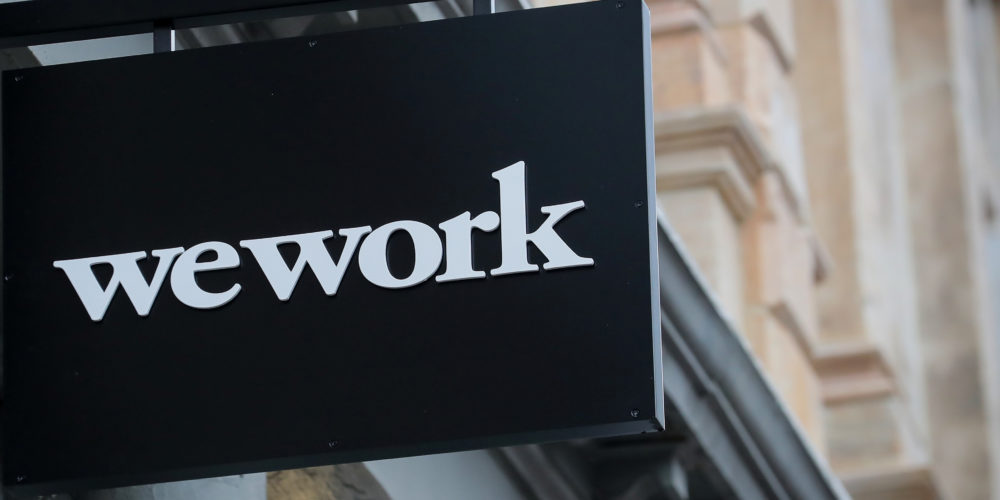BY ROBERT CYRAN
WeWork offers a glimpse of conflicts to come. The shared-office upstart and potential initial public offering candidate rents buildings part-owned by co-founder and Chief Executive Adam Neumann. Private-company trends arguably encourage such blurred lines, but public investors tend to distrust them. It’s another reason to doubt WeWork’s high-rise valuation of $47 billion.
Such conflicts exist at public companies, of course. A decade ago, Chesapeake Energy founder Aubrey McClendon neglected to tell investors he ran a hedge fund from company offices and had borrowed over $1 billion using well stakes the company granted him as collateral. Blurred lines with charismatic founders live on. Oracle spent $1.3 million last year at tennis tournaments owned by Larry Ellison. So imagine how bad potential conflicts could become as private companies grow bigger and stay private for longer, with founders in even tighter control?
The underlying dynamics are similar. Founders with big stakes can pack or influence the board. Outsiders can be reluctant to second-guess creators of such wealth. Friendship can erode independence.
Private ownership fosters conflicts in other ways too. The standards of disclosure are lower, allowing more to slip under the radar. And private investors, especially venture capital, can be nonchalant or worse about blurred lines. It’s not uncommon, for example, for VC firms to invest in firms founded by employees. As the joke goes when evaluating prospective startups, “no conflict, no interest.”
WeWork is rather typical. While the board and an independent committee okayed the transactions, Neumann has fueled the outfit’s fast growth and controls about two-thirds of the vote. He’s one distinguishing factor of a company with an easily copied business model. As Neumann put it in an interview with Forbes, “Our valuation and size today are much more based on our energy and spirituality than it is on a multiple of revenue.” This may be a ridiculous way to value a company, but there is something about Neumann’s charisma that attracts investors and pumps up WeWork to such heights.
In theory, impending IPOs should bring greater transparency and controls, and minimize such tensions at WeWork and its brethren. But the proliferation of supervoting stock to entrench charismatic founders means less accountability – and more conflicts.
First published Jan. 23, 2019
(Image: REUTERS/Brendan McDermid)
